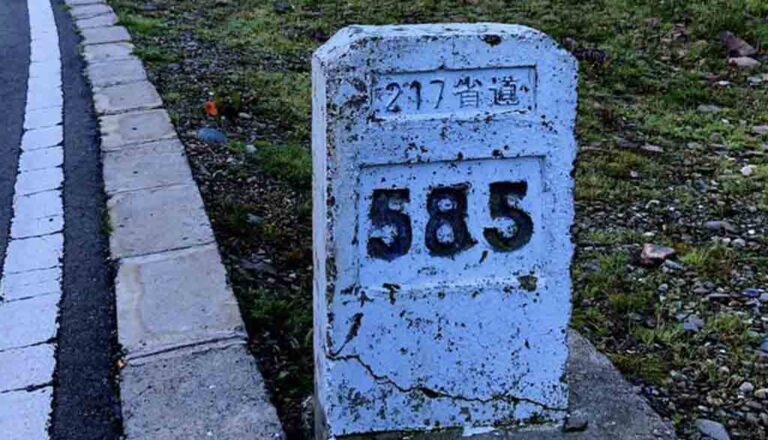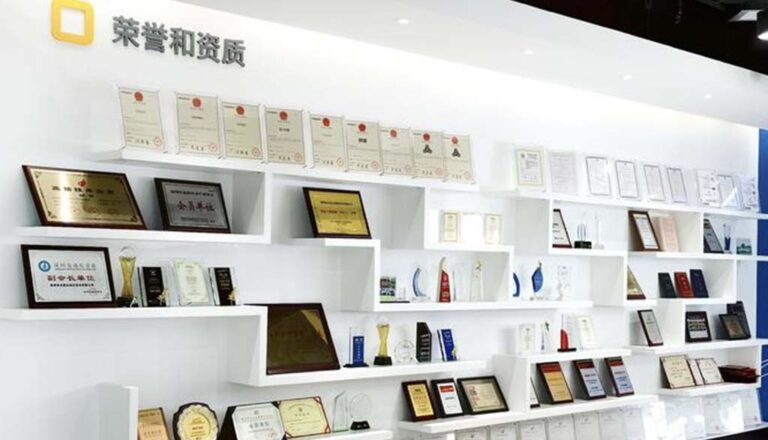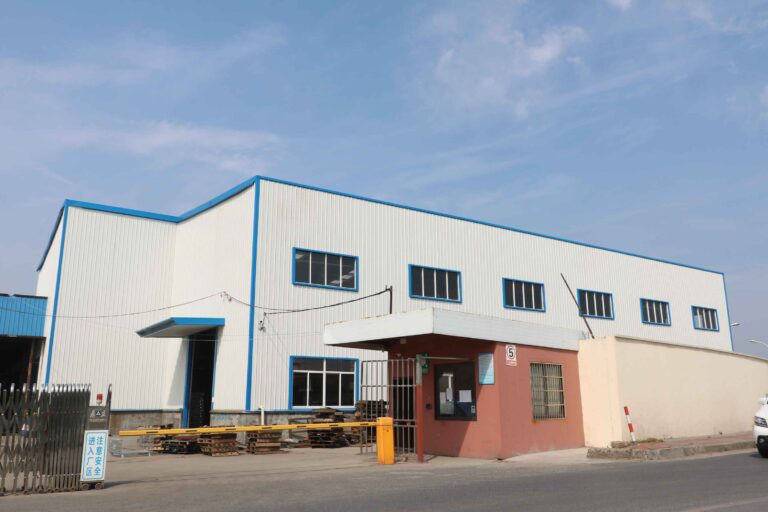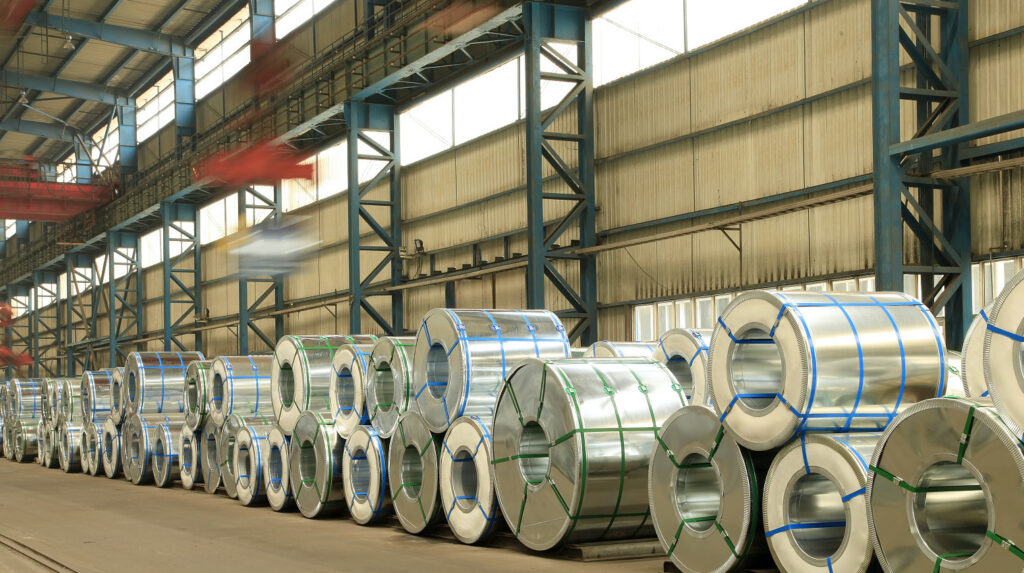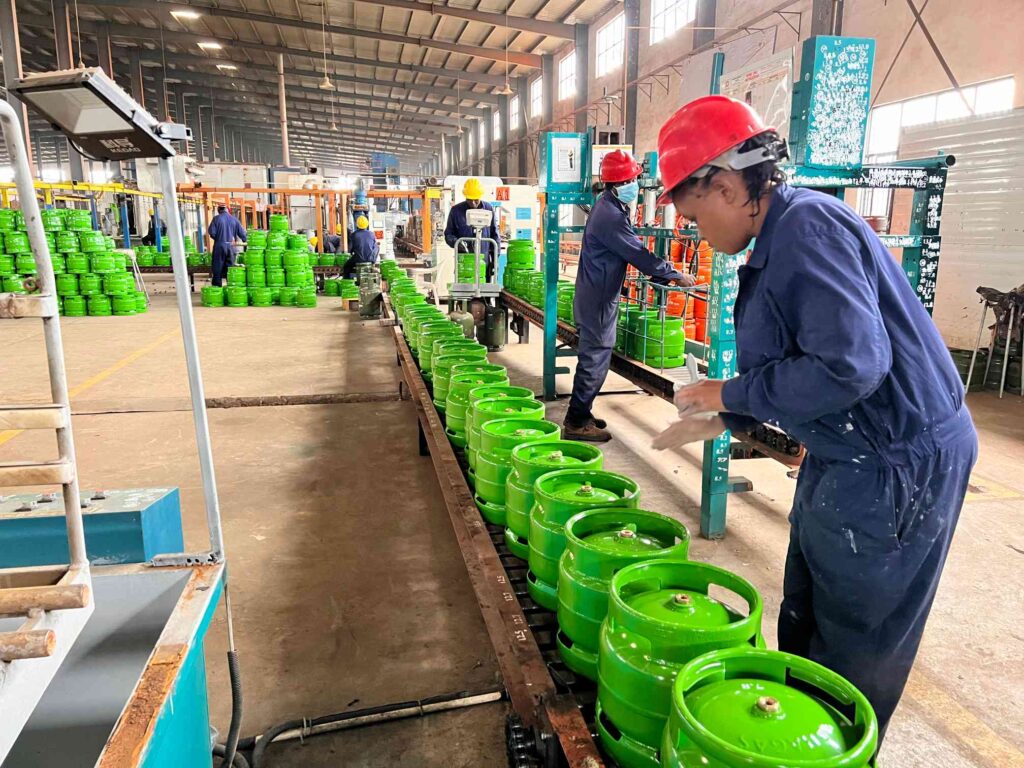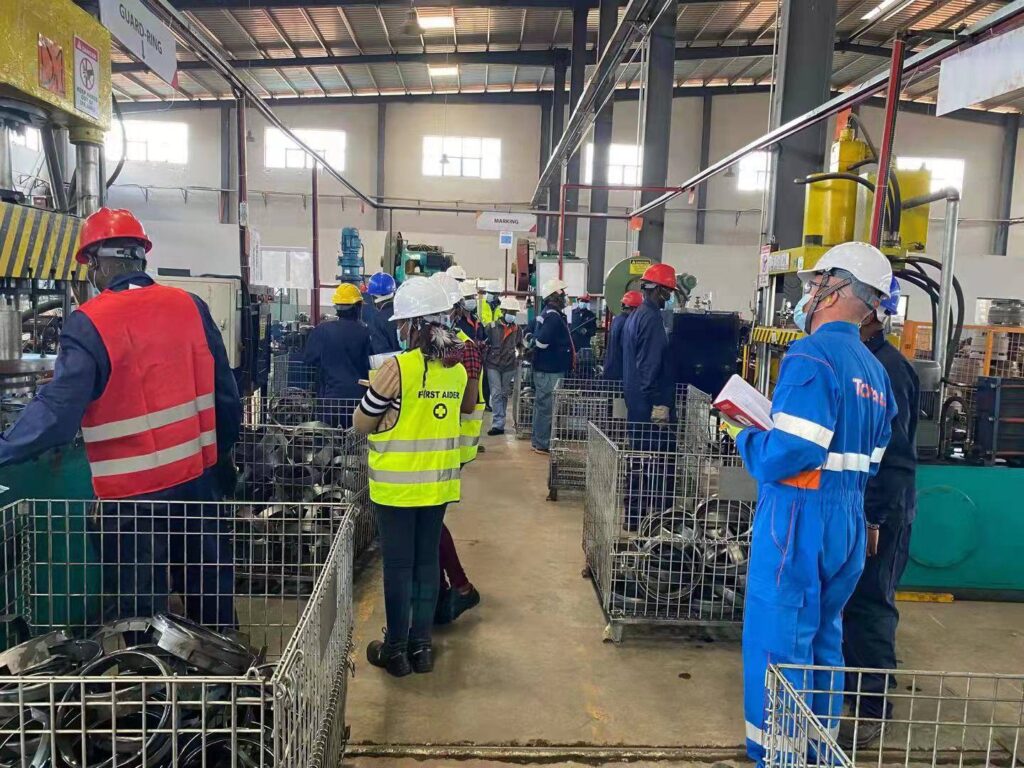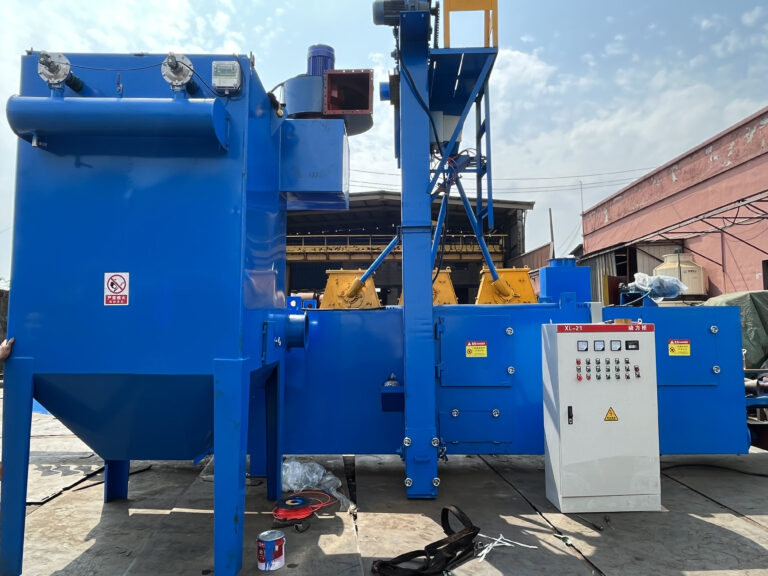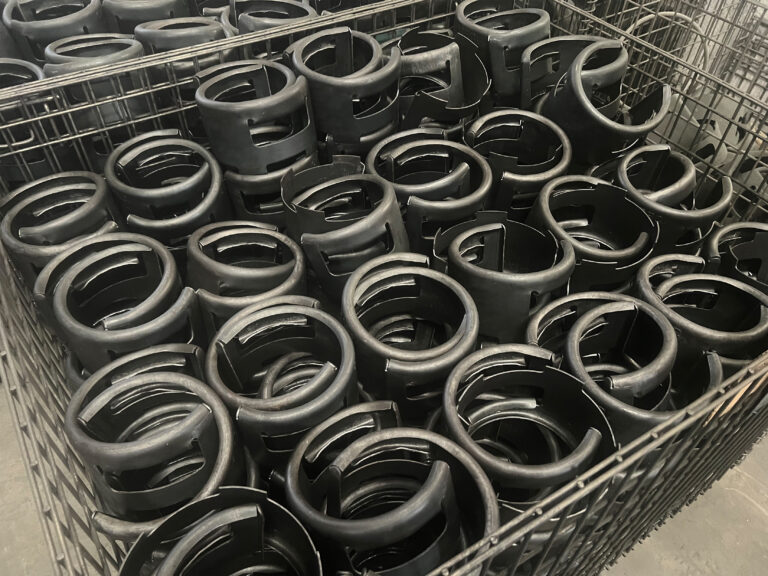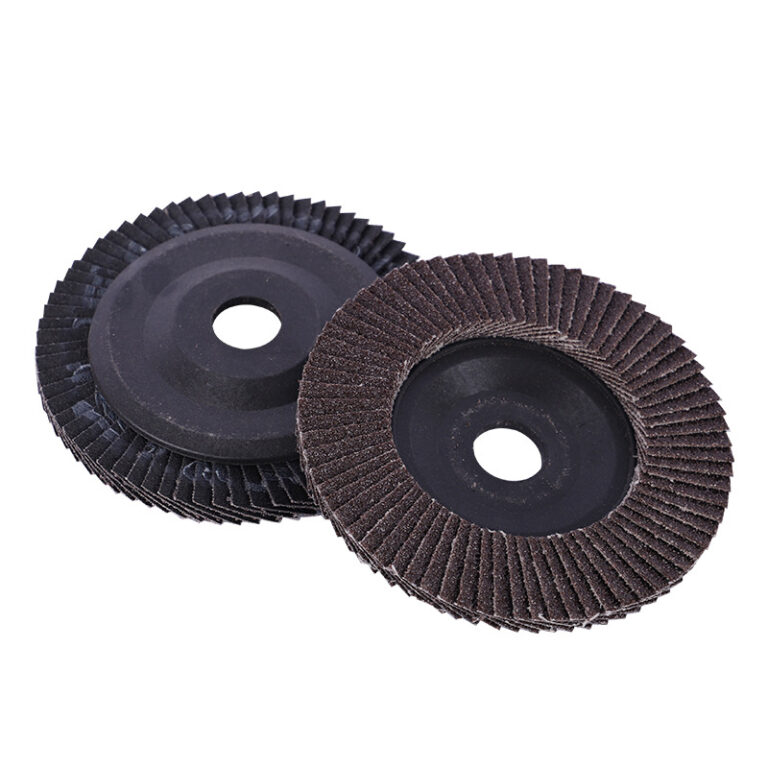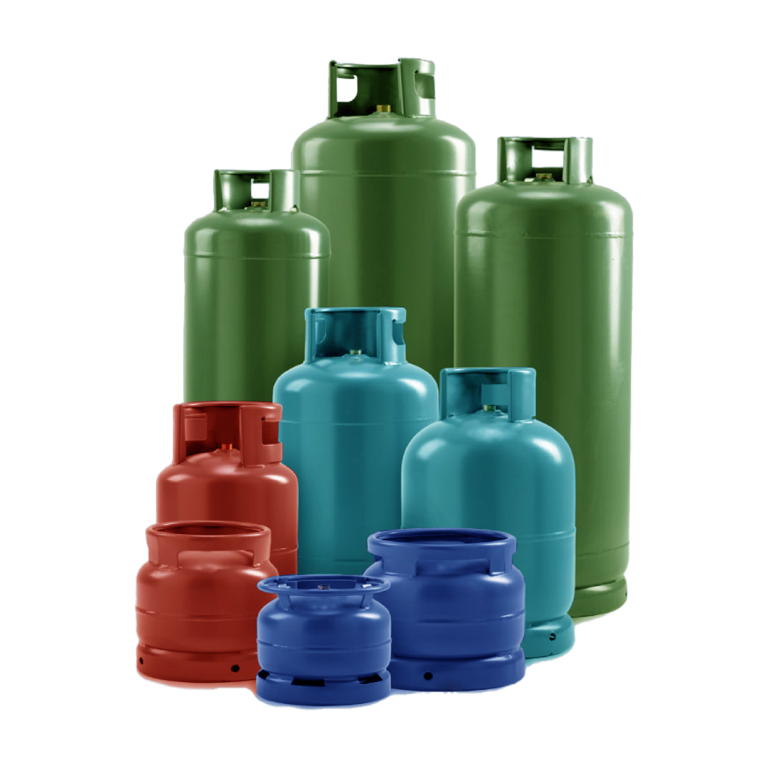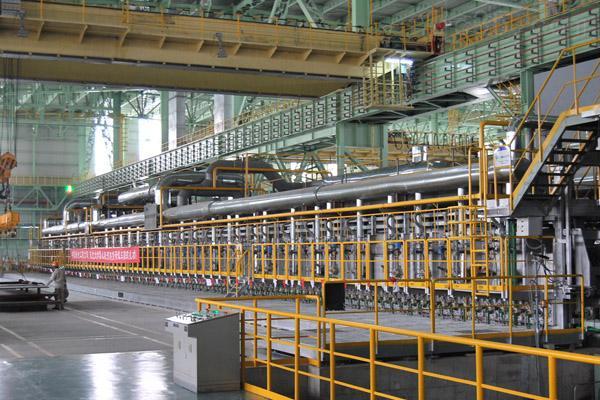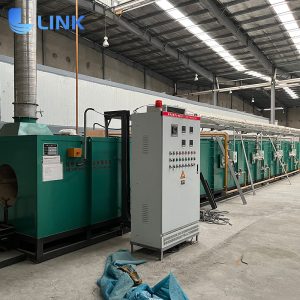LPG cylinders are a crucial component in our daily lives, providing a source of energy for cooking, heating, and transportation. Due to the high pressure and potentially explosive nature of the gas contained within, the safety of these cylinders is of utmost importance. Heat treatment is a critical step in the manufacturing process of LPG cylinders, as it strengthens and enhances their durability and safety.
Heat treatment refers to a series of controlled heating and cooling processes that are used to modify the physical and mechanical properties of a material. During the production of LPG cylinders, the steel sheets used to create the cylinder blanks go through a series of heat treatments to achieve their desired properties. The process involves heating the steel to a specific temperature, holding it at that temperature for a set duration, and then cooling it down to room temperature in a controlled manner.
The first heat treatment process that the steel sheets undergo is known as annealing. This involves heating the steel to a high temperature and then cooling it slowly to make it more malleable and easier to work with.
The second heat treatment process is called normalizing, which involves cooling the steel at a faster rate to improve its strength and toughness.
The third heat treatment process is the most important and is known as quenching and tempering. This involves rapidly cooling the steel in water or oil to create a hardened outer layer, or “case,” on the surface of the steel. The steel is then reheated to a lower temperature for a specific duration to improve its toughness and ductility. This process produces a LPG cylinder that is more resistant to deformation under high pressure and less likely to crack or deform during use.
Heat treatment is essential in the production of LPG cylinders because it ensures their safety and reliability. Steel sheets that have undergone proper heat treatment are less likely to break, leak or rupture under high pressure. When a cylinder is properly built, it can withstand a great deal of stress without cracking or leaking, making it safe to use for domestic and industrial purposes.
In conclusion, heat treatment is a vital step in the production of LPG cylinders. The process strengthens and enhances the physical and mechanical properties of the metal. Without heat treatment, LPG cylinders would be less reliable and potentially dangerous. Therefore, it is essential that proper heat treatment processes are followed during LPG cylinder production to ensure their safety and protect the public.


